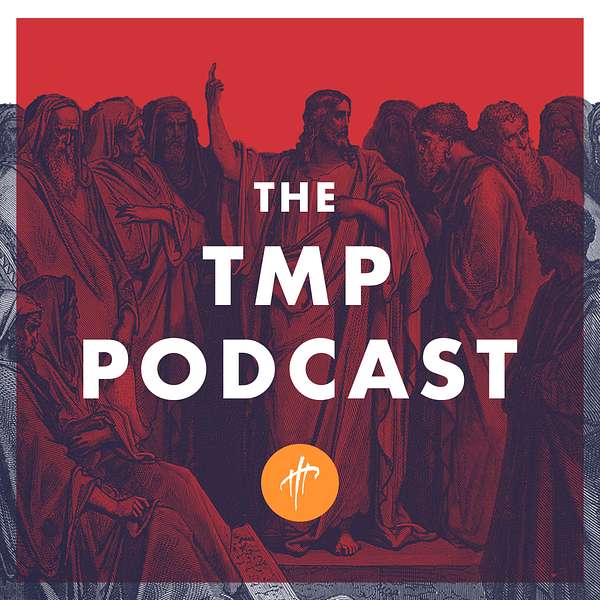
The TMP Podcast
The TMP Podcast
I Am Nothing Less Than My Best Moment | Paul Walker | Identity Theft
We often believe that we are defined by our successes. While failure is an event, success is a process, not a destination. Our culture tells us that we have the power to create ourselves, and that puts the emphasis on independence and self-reliance. Success is seen as the individual’s responsibility alone. This creates a pressure to keep succeeding and base our self worth and self understanding on continued success. But when productivity, success, and achievement is our main way of finding identity, we are extremely vulnerable to rejection and criticism and prone to inner anxiety and depression. Our best moments can never give the deep sense of belonging we crave. The more we produce, the more we realize that successes and results cannot give us the experience of “at homeness.” In fact, basing our identity on our productivity reveals to us that we are driven by fear, envy, and comparison. To the degree that we embrace the truth that our identity is not rooted in our success, we can let go of our need to judge, compare, and fear. In Jesus’ parable in Luke 15, we discover an elder brother who refuses to join the celebration of the return of his younger brother. The elder brother cannot pardon his younger brother for the way he has weakened their family’s place in society, disgraced their name, and diminished their wealth. It leaves him outside the party and separated from his Father. This is because the elder brother tried to earn his relational standing with his father through his successes rather than the reality of his belovedness as a child of his father. God loved us before we ever loved him, not because of what we achieved but because of who God is. So, we are invited by Jesus to come home to the celebration that is the discovery of the grace and love of God. Will we join the party?